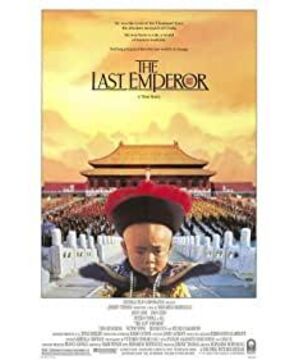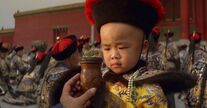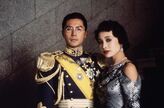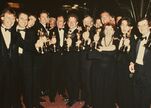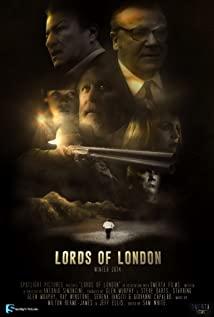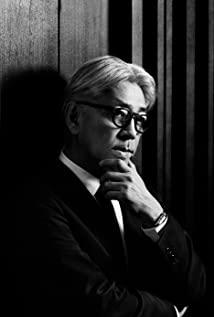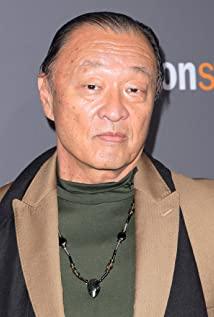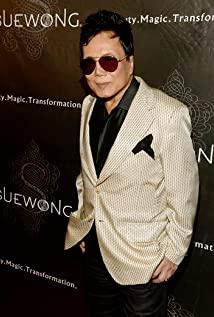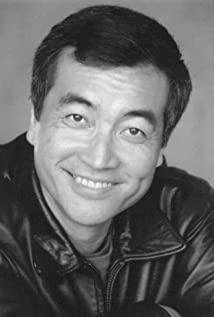The movie is heavily featured on many of the door shots. Inside the palace gate, every sentence of Puyi's "open the door!" at different stages of growth ranges from depression, to anger, to despair. When he was a child, his wet nurse was carried out of the palace by a sedan chair and could not be pursued. The gate of the deep palace cut off his attachment; when his biological mother died, he was unable to leave the palace. Above the vermilion palace gate; Wanrong was forcibly sent from the governor's mansion of the puppet Manchukuo to the lunatic asylum after giving birth to a child. He chased after him, but only weakly trembled his lips and said "open the door" without any strength. He realized that he was a Japanese The puppets under the control of the government are helpless. ——He is always inside the door and can never catch up with the person he wants to chase, or the times outside. Outside the palace gate, before Johnston entered the palace for the first time, at the mottled entrance of the Forbidden City, Mr. Johnston in a suit and tie, and Chen Baochen, a grandmaster in official uniforms of the Qing Dynasty, accompanied them. Out of the team. On the road in front of the palace, there are horse-drawn carriages, rickshaws, rickshaws, bicycles, and cars passing sporadically. These pictures, as if they were microcosms symbolizing different eras and different classes, collided in this shot. ——This is also the official microcosm of this era. The world outside the palace gate is full of turbulent and unpredictable clouds, the old and the new collide, and the contradictions are intertwined. In addition, I have to say the puzzling and memorable "She is my butterfly". I can't help but think of "Zhuang Shengxiao dreams of being a fan of butterflies". This poem expresses romance, happiness and illusion. Several scenes in the movie are always ambiguous. The wet nurse gave him enlightenment of simple moral values, as well as intimacy, attachment, and perhaps sexual enlightenment. The ending of the movie is full of magic. In 1967, Puyi bought a dime ticket to the Forbidden City and returned to the home where he grew up. In front of the dragon chair in the Hall of Supreme Harmony, the little red scarf took the small wooden jar that Puyi gave him, raised his head in confusion, Puyi disappeared, but a cricket crawled out of the wooden jar in the child's hand. His whole life is like a cricket, imprisoned in a wooden jar, cut off from family and love, trying to reform but being obstructed, trying to restore but being used instead. But as a symbol of the former feudal ruling class, in China's scorched earth full of gunpowder smoke, he enjoyed luxury from childhood to middle age. He was carried forward in the rolling torrents of the times. He was nurtured by the simple conscience education of the nurse, influenced by the concept of feudal social hierarchy, influenced by Johnston's ideas of freedom and human rights, and was also controlled and manipulated by Japanese fascism. Also educated and transformed by the Bolsheviks. If he wants to "open the door" in his life, maybe at the moment of death, he is really free.
View more about The Last Emperor reviews


